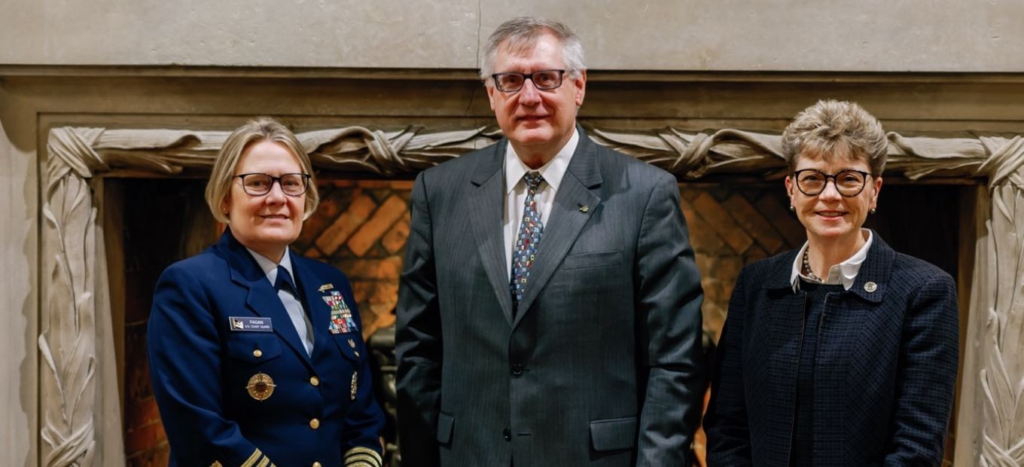
American Bureau of Shipping (ABS) class society has grown the existing ABS-classed fleet to 298 million gross tons, with more than 11,500 assets.
ABS reported a continued fleet growth, with industry-leading port state and fleet safety performance.
Christopher J. Wiernicki, ABS chairman and CEO, send a message to members at the annual ABS advisory council meeting, mentioning that safety is more than just compliance.
“It is now synonymous with security, reliability, collective relationships and people. Safety is also becoming systems based rather than rooted in prescriptive rules or specific component procedures. Only by embracing a proactive, systems-oriented approach to safety, can the maritime industry navigate the path to a decarbonized future while ensuring the well-being of its seafarers and the protection of the marine environment,” he said.
The discussion included insights into next-generation vessel designs, clean energy initiatives, the role of retrofitted carbon capture and energy efficiency technologies, cybersecurity and the availability and scalability of fuels.
Admiral Linda Fagan, commandant U.S. Coast Guard, said: “Safety at sea requires a unified effort from all stakeholders. Leadership and partnership, particularly with the Coast Guard, ABS and MARAD, are serving us well in supporting U.S. maritime governance, safety and security.”
“We believe carbon capture, clean hydrogen, electrification, digital technologies such as machine learning and renewable power sources like nuclear are going to be key solutions impacting maritime going forward,” added Wiernicki.
Council Members also were given an overview of digital solutions supporting compliance in the rapidly changing regulatory landscape and how ABS is using an efficient and streamlined class process that leverages condition-based data, reduces downtime and minimizes time on board.
Additionally, the discussion focused on industry challenges and opportunities due to an increasing focus on technical investments, business automation, cybersecurity and risk management.



